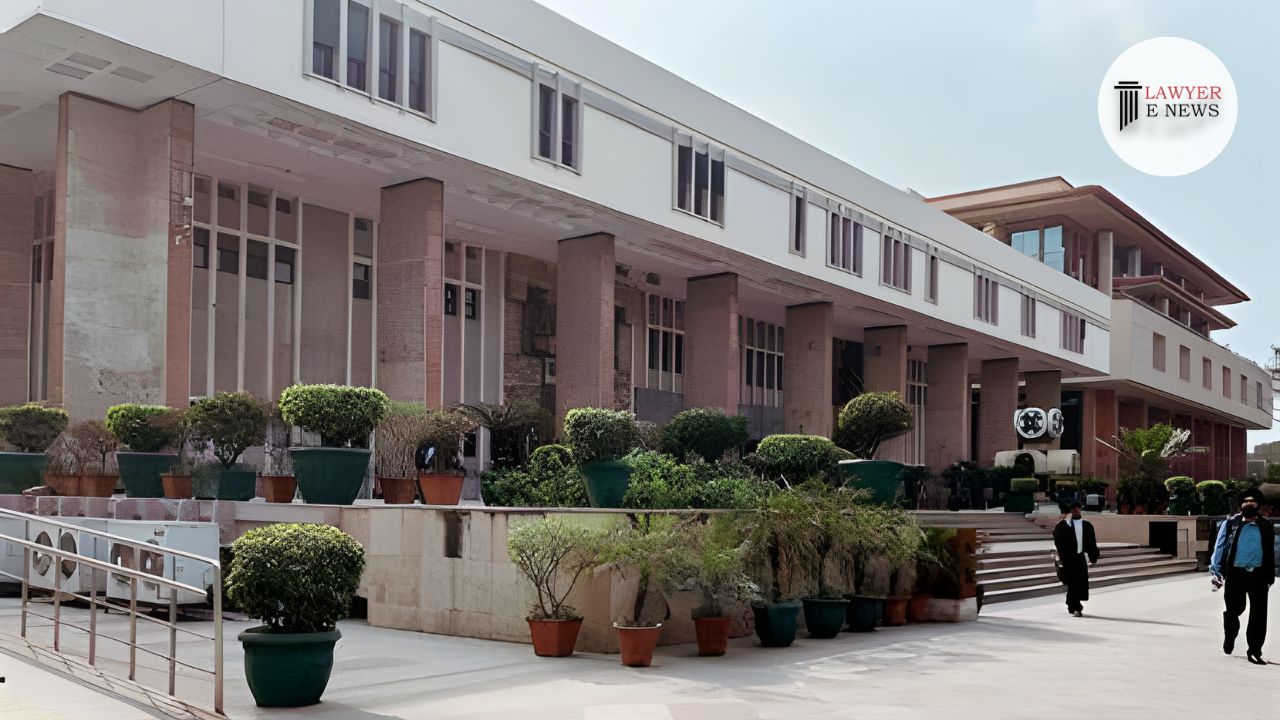-
by sayum
14 February 2026 2:22 PM



The Delhi High Court has dismissed an appeal by M/s Gujral Tours & Travels Pvt. Ltd., upholding the order of the Employees' Insurance Court that mandated the company to contribute towards the Employees' State Insurance (ESI) fund. The judgment, delivered by Justice Dharmesh Sharma, highlights the insufficiency of evidence provided by the appellant and reaffirms the applicability of the ESI Act to establishments employing 20 or more employees.
The appellant, Gujral Tours & Travels Pvt. Ltd., challenged a trial court's order that dismissed their petition against the applicability of the ESI Act. The trial court's decision was based on an inspection conducted by the Social Security Officer (SSO) in 2009, which found that the company had 29 employees, making it liable for ESI contributions. The appellant contested the demand of Rs. 85,800 for the period from April 2009 to March 2020, along with an additional interest of Rs. 11,148.
Justice Sharma emphasized the validity of the inspection report prepared by the SSO, which documented the presence of 29 employees. The court noted that the hand-written list of employees, provided by the appellant's manager during the inspection, bore the company's stamp and was consistent with the names on the computer-generated wage register.
The appellant failed to produce crucial documents such as the attendance register and inspection book, which are mandated under Regulation 102A of the ESI (General) Regulations, 1950. The court observed that the computer-generated wage register (Ex. PW-1/3) lacked a supporting certificate under Section 65B(4) of the Indian Evidence Act, making it inadmissible as evidence.
The judgment reiterated that establishments employing 20 or more persons are covered under the ESI Act. The appellant's contention that the employees' gross salaries were above the threshold was not substantiated with reliable evidence. The court underscored that the burden of proof lay with the appellant, who failed to demonstrate that the salaries listed were net payments.
Justice Sharma remarked, "The petitioner has not produced its attendance register... there is no reason to disbelieve the contents of the list Ex. RW 1/1." He further stated, "The computer-generated copy Ex. PW 1/3 was not supported by a Certificate in terms of Section 65 B (4) of the Indian Evidence Act and was also inadmissible for being a ‘self-serving document’ in terms of Section 34 of the Indian Evidence Act."
The High Court's decision to uphold the trial court's order underscores the judiciary's commitment to ensuring compliance with statutory requirements under the ESI Act. This judgment sends a strong message to employers about the importance of maintaining accurate records and adhering to legal obligations for employee welfare. The dismissal of the appeal and the release of the deposited ESI dues to the respondent signal a reaffirmation of the legal framework governing employee insurance contributions.
Date of Decision: January 4, 2024
M/s Gujral Tours & Travels Pvt. Ltd. vs. Employees State Insurance Corporation
